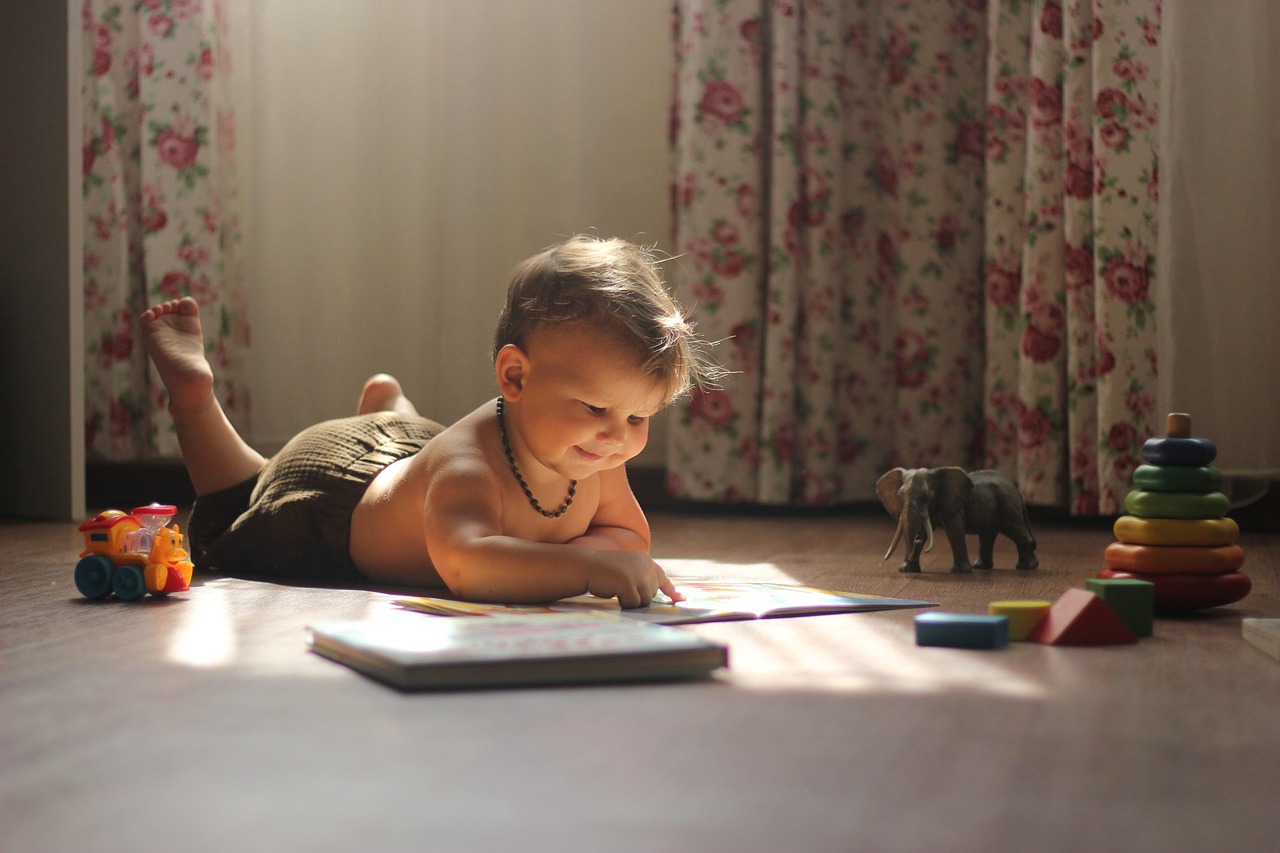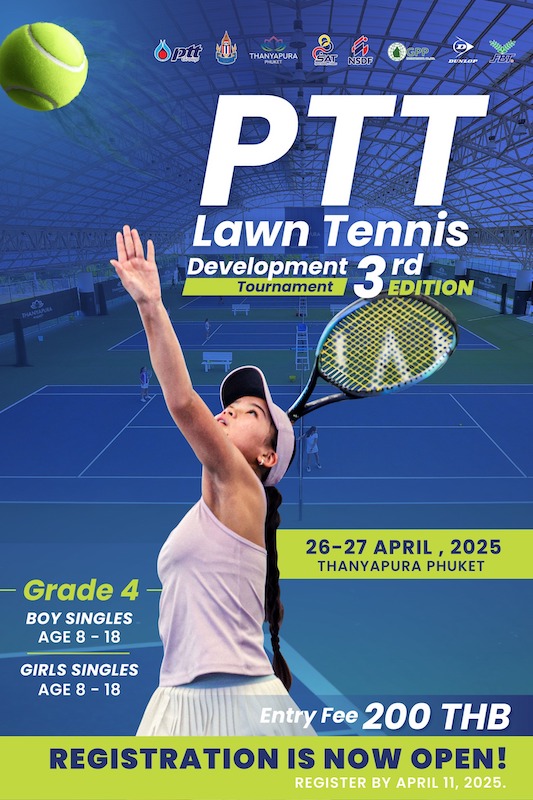As parents, we all want to give our children the best start in life. Studies show that 80% of a child’s brain develops before the age of four, with most learning happening long before they even start school. But with so many early learning options available, which ones are actually worth your time?
Playing Mozart to your baby in the womb? Studies suggest it won’t make much difference.
Enrolling your toddler in a stimulating, social, and fun playgroup or early learning programme? Absolutely!
Social Awareness: Learning Through Interaction
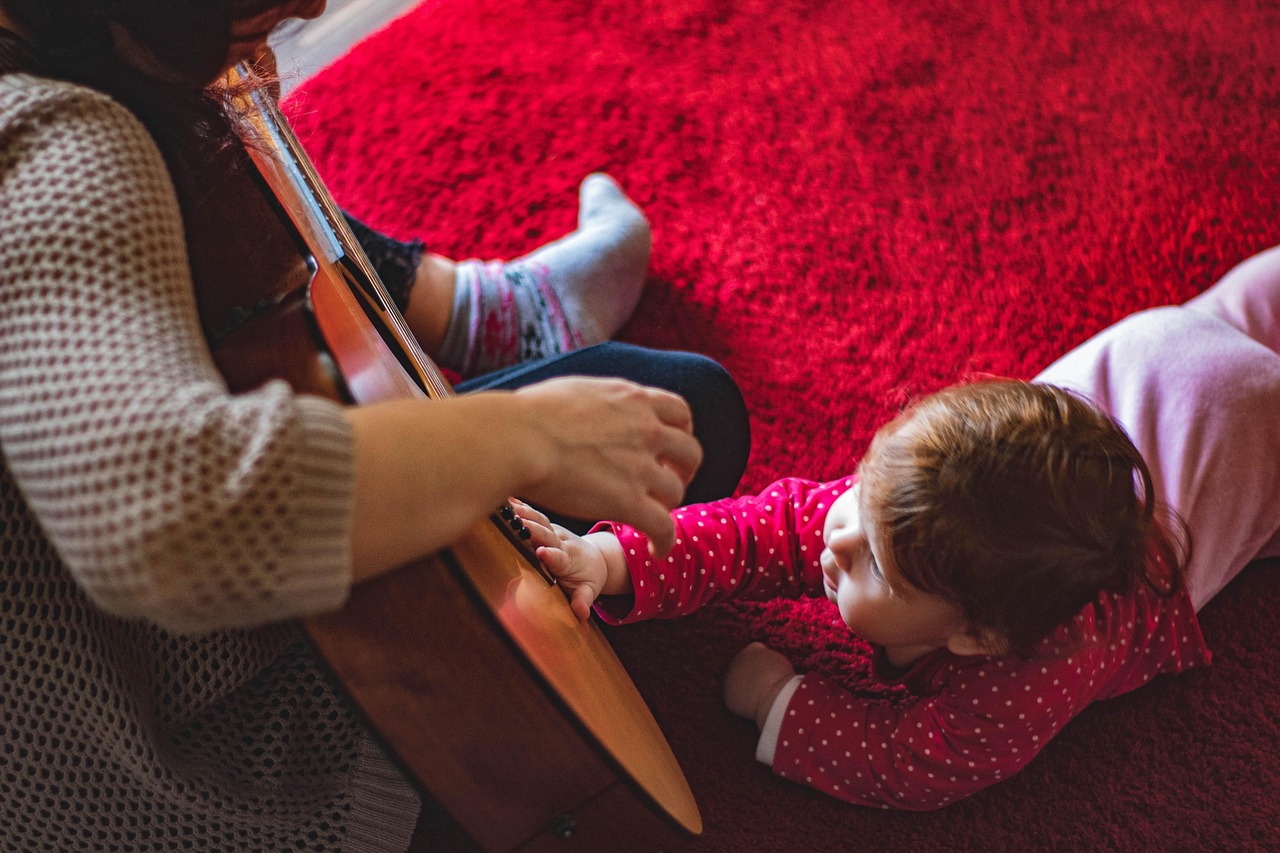
One of the biggest benefits of early learning is social development. From a young age, children learn key life skills through interactions with others, such as:
- Empathy – Understanding how their actions affect others.
- Cooperation – Learning to share, take turns, and work together.
- Confidence – Gaining self-assurance through play and group activities.
- Resilience – Adapting to new experiences and challenges.
Through social interactions, toddlers also develop a sense of self. They observe and compare themselves to others, motivating them to try new things—like stomping their feet along with an older child during a playgroup song.
In today’s digital world, socialisation is even more important. Unlike past generations, many children now experience interactions through screens rather than face-to-face. In-person play helps them see the real-life impact of their actions—something missing in the world of online communication.
Language Development: The Power of Words

Those repetitive nursery rhymes and transition songs in early learning classes aren’t just for fun—they’re powerful tools for language development. Songs and rhymes help children:
- Recognise words and meanings through repetition.
- Understand rhythm and sentence structure.
- Improve memory and cognitive skills.
Living in a diverse, international environment like Phuket also provides the perfect opportunity for children to learn multiple languages early on. Research shows that bilingual children develop stronger cognitive abilities, making it easier for them to pick up additional languages later in life.
During early childhood, a baby’s brain forms trillions of connections (synapses). The more stimulating the environment, the more connections are made, strengthening the brain’s ability to learn. Early exposure to a second language builds these synapses, laying the foundation for lifelong learning.
Building Confidence Through Repetition
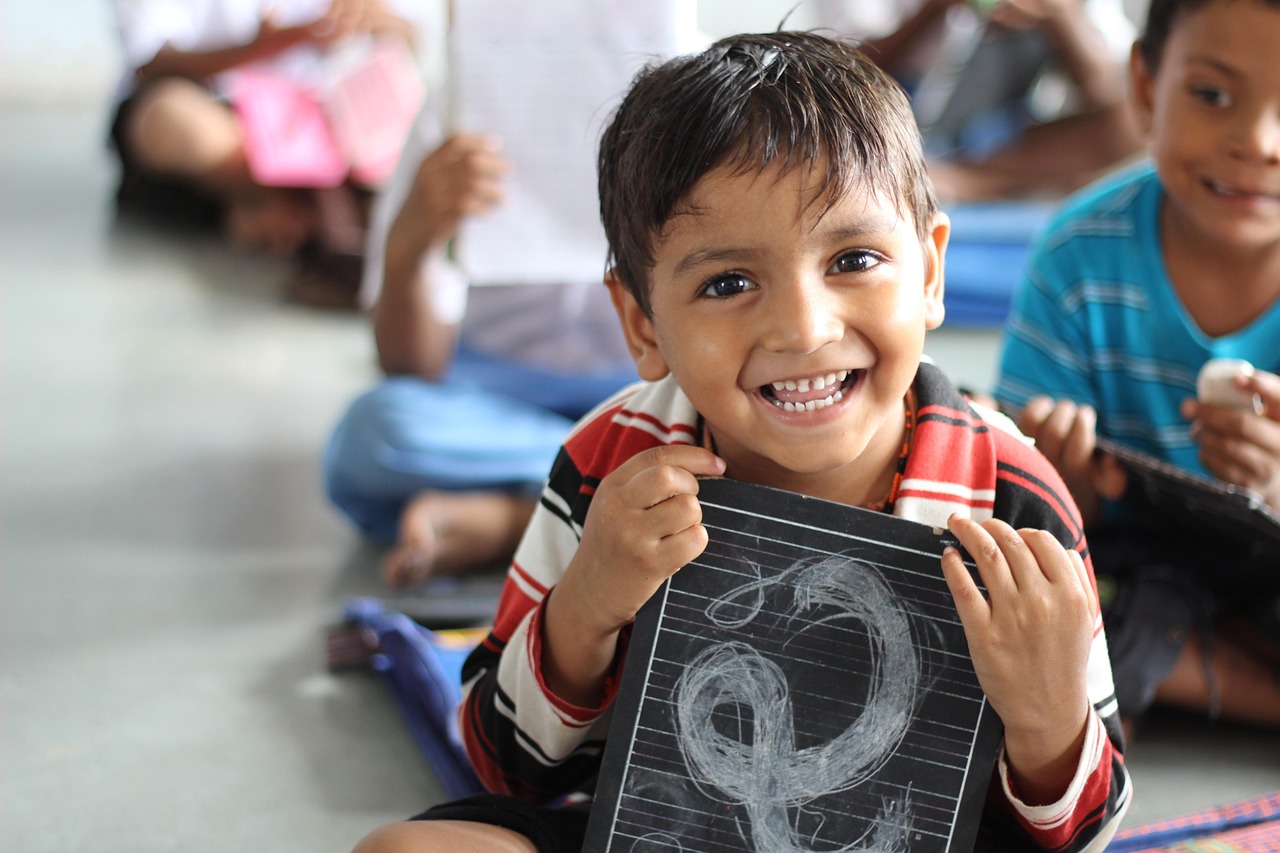
Ever wondered why your child insists on hearing the same bedtime story again and again? Or why they demand to watch Baby Shark on repeat?
Repetition plays a crucial role in building confidence. When a child correctly predicts the next line in a story or remembers the lyrics to a song, they experience a sense of achievement. This confidence grows as they engage in familiar activities, such as:
- Repeating songs, rhymes, and stories in class.
- Recognising patterns and sequences.
- Following structured play routines.
Early learning programmes use this repetition intentionally to reinforce skills and encourage children to take on new challenges.
Parent-Child Bonding: Quality Time That Matters
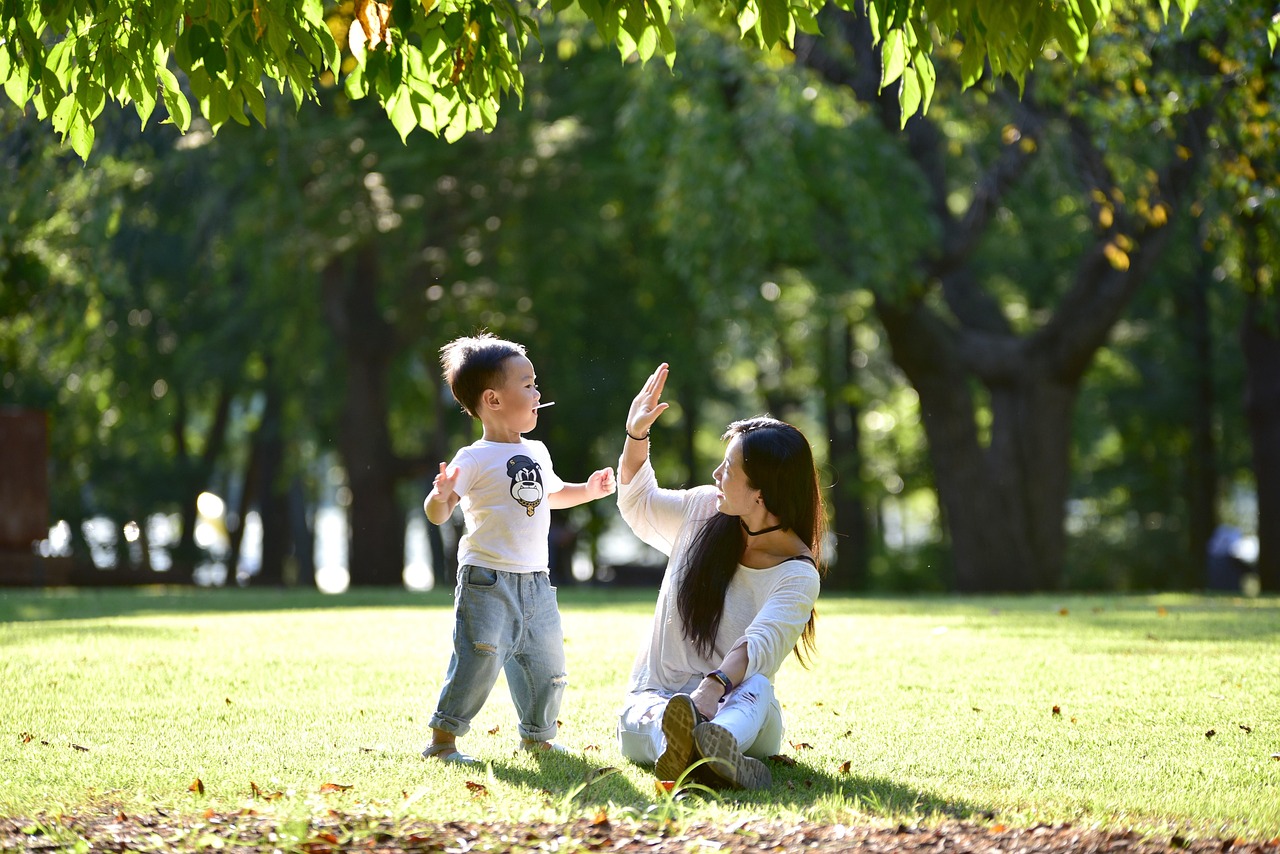
Life is busy. Between work, chores, and daily responsibilities, it can feel like we’re just dragging our toddlers along for the ride.
That’s where structured playgroups and classes come in. These sessions offer a dedicated time for parents to:
- Engage one-on-one with their child.
- Participate in activities their child enjoys.
- Celebrate small achievements together—whether it’s a piece of art or a well-squished lump of playdough.
Before you know it, your little one will be heading off to school. Making the most of these early years helps you better understand their interests, strengths, and personality—while creating memories that last.
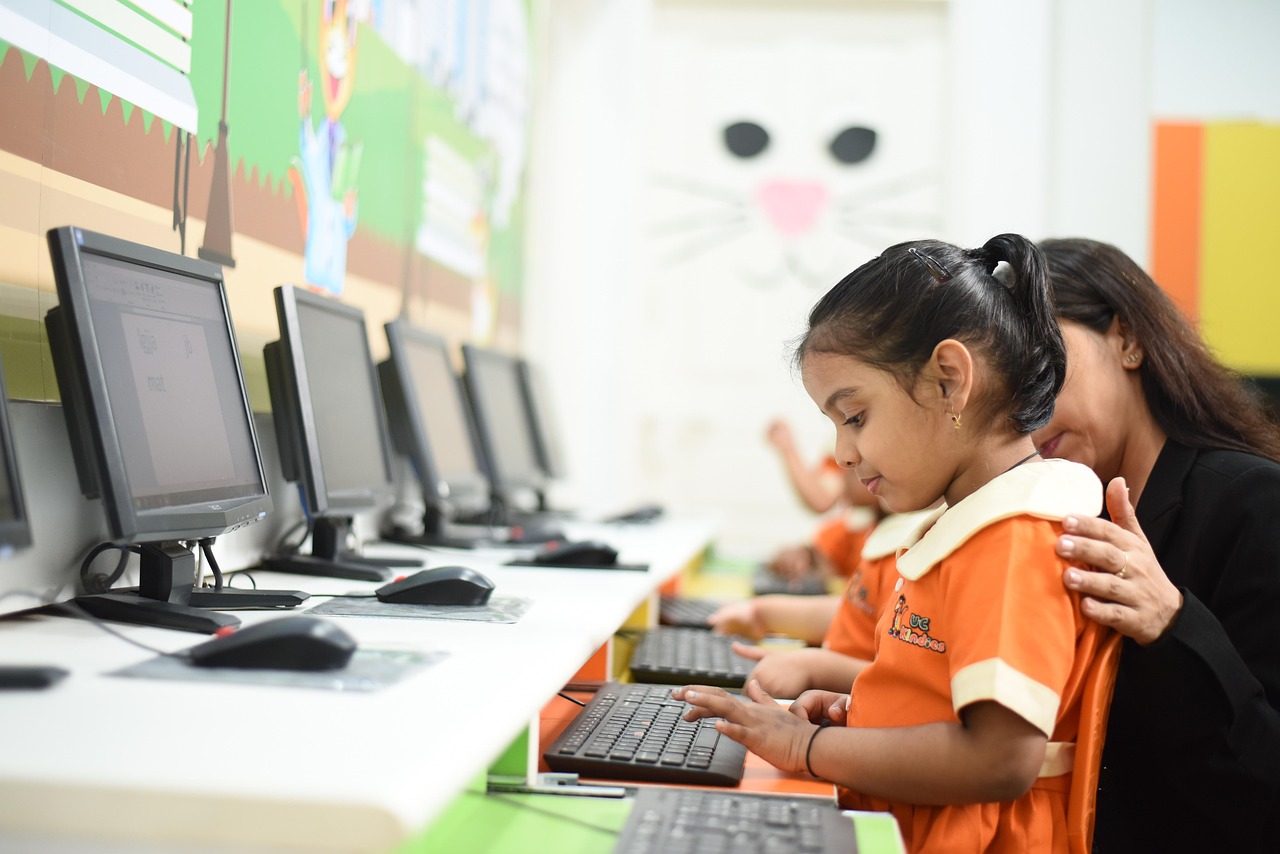
Early learning isn’t about rushing children into academics—it’s about giving them a strong foundation for life. By fostering social skills, language development, confidence, and strong parent-child bonds, early learning experiences set children up for success in school and beyond.
So, while playing Mozart in the womb might not make a difference, enrolling your toddler in a fun, engaging learning environment certainly will!



